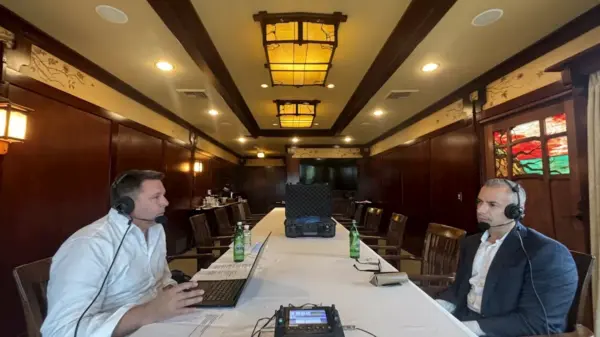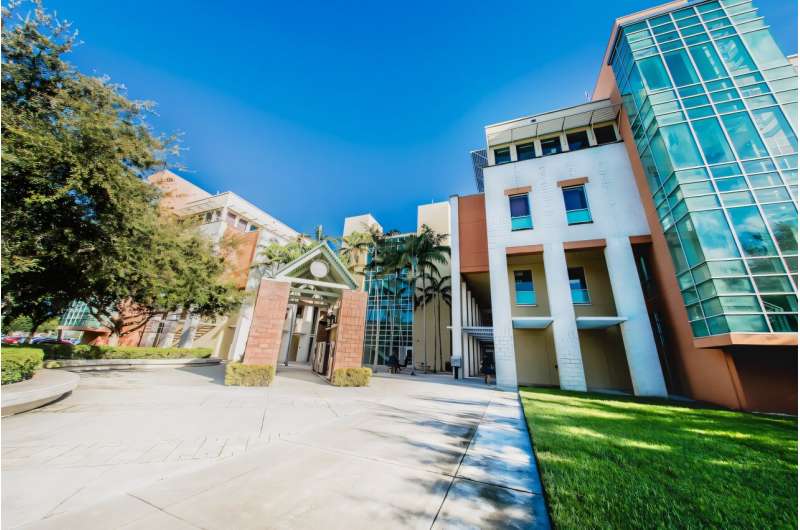Across the United States, school environments play a crucial role in shaping students’ emotional and social development. A study conducted by researchers at Florida Atlantic University demonstrates how small group counseling can significantly enhance middle school students’ emotional skills and sense of connectedness within their educational settings. The findings were published in the Journal of Child and Adolescent Counseling on November 15, 2025.
In an effort to address the challenges many students face in schools, the research team from the university’s Department of Counselor Education investigated the impact of the Student Success Skills (SSS) program. The study focused on sixth graders in the Southeastern United States, employing qualitative methods such as interviews, field notes, session transcripts, and student-generated drawings.
The researchers aimed to explore how participation in the SSS small group counseling intervention influenced students’ emotional regulation and their perception of school climate. The study, guided by the Advocating Student-Within-Environment (ASE) theory, highlighted several key themes that emerged from the data.
The analysis revealed four significant outcomes from the intervention: improved anger management and conflict resolution skills, the development of key academic and life skills, increased feelings of safety and connectedness, and a more positive overall perception of the school environment. As students engaged in practical emotional regulation strategies like positive self-talk and peer support, their ability to navigate social dynamics improved.
Throughout the sessions, students participated in role-playing exercises and collaborative activities that fostered a supportive atmosphere. Over time, their drawings and interview responses illustrated a transformation in their perspectives—shifting from neutral or negative views of school to affirmations of friendship, belonging, and motivation to learn.
Dr. Elizabeth Villares Sacks, co-author of the study and chair of the FAU Department of Counselor Education, emphasized the broader significance of the findings. “Small group counseling provided students with far more than strategies for managing emotions and relationships—it offered them a space to feel seen, heard, and valued,” she stated. “Through these shared experiences, students began to recognize their own strengths and see themselves not just as learners, but as capable, compassionate contributors within their school communities and beyond.”
The study also highlighted the growth of trust and community among group members. Participants collaboratively established confidentiality agreements and group norms, creating a safe environment for authentic sharing and peer support. This approach not only enhances emotional and academic skills but also strengthens students’ engagement and connectedness with their schools.
The research was conducted during the 2023-24 school year and involved five sixth-grade students identified as being at academic or behavioral risk. Over six weekly sessions, a trained school counselor guided the students through the SSS intervention, focusing on anger management, goal setting, social problem-solving, and self-management.
The authors, including Kadeem Campbell, Hannah Bowers, and Greg Brigman, recommend further exploration into the long-term and systemic effects of ASE-aligned curricula. They advocate for enhanced training for counselors in evidence-based group facilitation to maximize the impact of such interventions.
The findings affirm that investments in counselor-led programs rooted in empathy, connection, and collaboration can foster stronger, more resilient learning communities. As Dr. Villares Sacks noted, “Interventions grounded in ASE not only support students’ emotional growth but transform how they experience their school environments.” When students feel connected and understood, they become more engaged learners and more compassionate peers.







































































